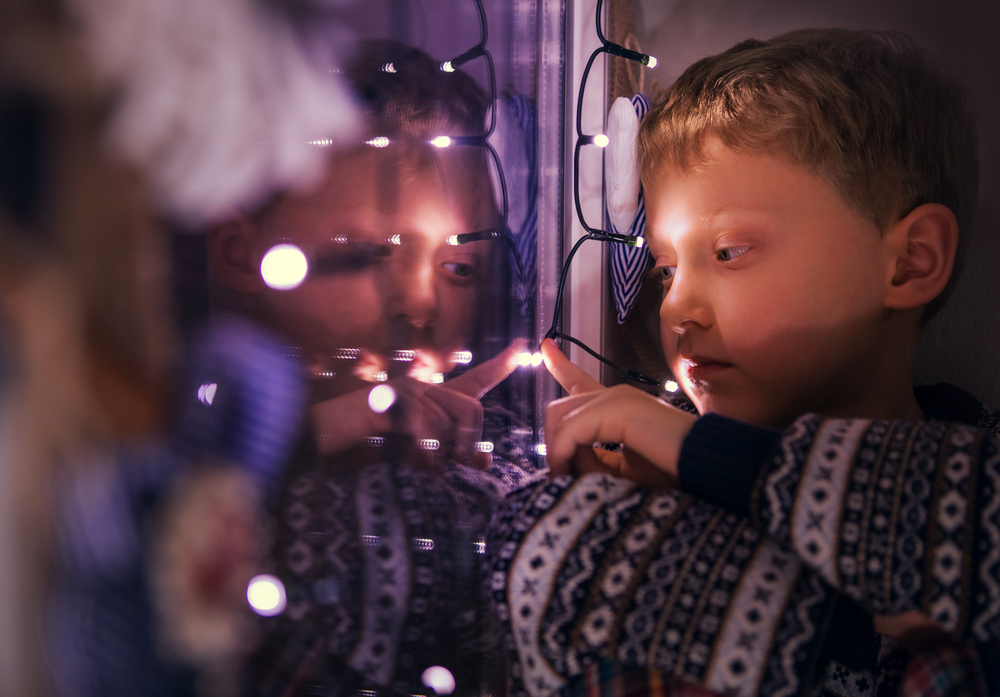Loneliness in childhood is not always easy to notice, but its impact can follow you for decades. Psychologists have found that early isolation affects brain development, emotional regulation, and social skills. A child who spends long stretches feeling unwanted or disconnected often grows into an adult who carries those invisible scars. While some of these effects show up in obvious ways, many appear quietly, shaping relationships, choices, and self-perception. Below are ten subtle but lasting ways childhood loneliness can still influence you as an adult, even when you think you have moved past it.
You Struggle With Trust
Trust is the foundation of any healthy relationship, but adults who were lonely as children often find it fragile. When a child’s early attempts at connection are ignored or dismissed, they learn not to expect consistency from others. This lack of dependable support wires the brain to stay cautious, even in adulthood. As a result, you may question people’s motives or expect disappointment before giving them a chance. While this defense mechanism can protect you from hurt, it also makes it harder to let others in fully. Rebuilding trust often requires patient effort and safe, supportive relationships that prove reliability over time.
You Feel More Comfortable Alone
For many, childhood loneliness becomes a rehearsal for adulthood solitude. Children who learn to cope by relying on themselves often find independence easier than connection later in life. Solitude may feel safer than risking rejection or misunderstanding. As adults, these individuals can be highly self-sufficient, managing work and daily challenges with little help. Yet, while independence is empowering, it can also become a barrier. Too much comfort with being alone sometimes makes intimacy feel overwhelming. Instead of leaning into closeness, they may retreat, missing out on the balance of independence and interdependence that healthy relationships require.
You Overanalyze Social Interactions

If you spent childhood on the outside looking in, you may have developed a habit of scrutinizing every word or look. Adults with lonely pasts often replay conversations in their minds, searching for hidden rejection. This pattern connects to research showing that early loneliness makes people more sensitive to social threats. While this hyper-awareness can help in reading subtle cues, it can also feed social anxiety. A neutral remark might feel like criticism, or a delayed text reply can trigger panic. Over time, this cycle creates exhaustion and can even push people away, reinforcing the very loneliness they fear.
You Struggle With Self-Esteem
Loneliness in childhood often translates into a lifelong battle with self-worth. When peers exclude you or caregivers fail to provide emotional support, the message you internalize is that you are less valuable. These early experiences form the building blocks of self-image, which can carry into adulthood. As a result, you may feel inadequate compared to others, even when achievements prove otherwise. Adults in this situation might work excessively hard to prove their worth, yet still feel undeserving of recognition. Breaking this cycle often involves building self-compassion and learning to separate past experiences from present identity.
You Avoid Emotional Vulnerability
Opening up emotionally is risky when your early experiences taught you that expressing feelings leads to rejection or indifference. Many adults who endured loneliness in childhood learn to hide their emotions behind a wall. This protective strategy shields them from hurt but also keeps them from experiencing true intimacy. They may avoid deep conversations, keep relationships light, or joke to deflect serious topics. Over time, this avoidance leaves connections feeling shallow and unfulfilling. The cost of safety is distance, which can perpetuate loneliness even when surrounded by people. Learning that vulnerability can be safe is a slow but transformative process.
You Become a People-Pleaser
Lonely children sometimes try to reduce rejection by becoming overly agreeable. They learn to anticipate others’ needs, hoping to earn acceptance through helpfulness. In adulthood, this can evolve into chronic people-pleasing, where personal needs are consistently sidelined. While this behavior may win temporary approval, it often leads to burnout and resentment. People-pleasers struggle with setting boundaries, fearing that saying no will push others away. Unfortunately, this cycle only deepens loneliness, as relationships built on appeasement lack authenticity. Recognizing this pattern and practicing assertiveness can help create healthier, more balanced connections.
You Find It Hard to Regulate Emotions
Children who face loneliness often miss out on learning healthy emotional management. Without supportive adults to model calm responses, they may grow into adults who feel overwhelmed by stress or sadness. Emotional regulation is a skill shaped by early caregiving, and its absence can lead to intense mood swings or feelings that spiral quickly. Adults with this background may find themselves reacting strongly to small triggers, or feeling emotionally drained after conflict. While these struggles are real, therapy and self-awareness can provide tools for steadier emotional control, helping to break patterns formed in childhood.
You Experience Ongoing Social Anxiety
Loneliness early in life can make social settings feel dangerous rather than welcoming. When a child learns that belonging is not guaranteed, they may grow into an adult who fears rejection in every interaction. This can manifest as social anxiety, where even casual gatherings feel intimidating. A simple introduction or group meeting may trigger racing thoughts about judgment or exclusion. Although many people with this history long for connection, the fear of embarrassment or failure keeps them on the sidelines. Facing these fears gradually, often with professional support, can help rebuild confidence in social environments.
You Feel a Persistent Sense of Emptiness

One of the quietest yet most powerful effects of childhood loneliness is a lingering sense of inner emptiness. Even with friends, family, or success, something can feel missing, like a gap that never fully closes. This feeling often comes from the absence of consistent nurturing during formative years. Adults may try to fill the void through work, relationships, or distractions, but the sense of incompleteness remains. It is not always easy to articulate, which makes it even harder to address. Recognizing this emptiness as a result of early experiences can be the first step toward finding healthier ways to create fulfillment.
You Have a Strong Drive for Meaningful Bonds
Ironically, many adults who grew up lonely develop an intense hunger for deep and lasting connections. Having experienced the pain of isolation, they may value relationships more than others do. This often makes them loyal friends and devoted partners who prioritize emotional depth over superficial bonds. However, their expectations can sometimes be very high, leading to disappointment when others cannot match the same level of intensity. While this drive for meaningful connection is a strength, it requires balance to avoid setting standards that are impossible to meet. With patience and realistic expectations, it can become a powerful tool for building rich and supportive relationships.
Read More: 7 Habits of Adults Who Grew Up Happy With Little Money
Disclaimer: This article was created with AI assistance and edited by a human for accuracy and clarity.

